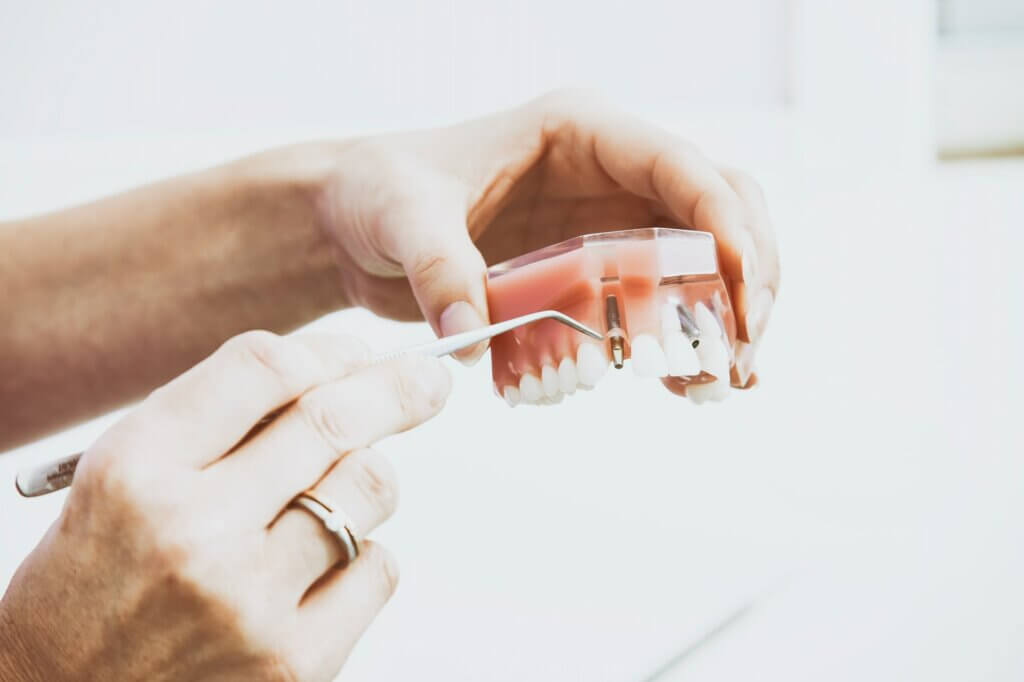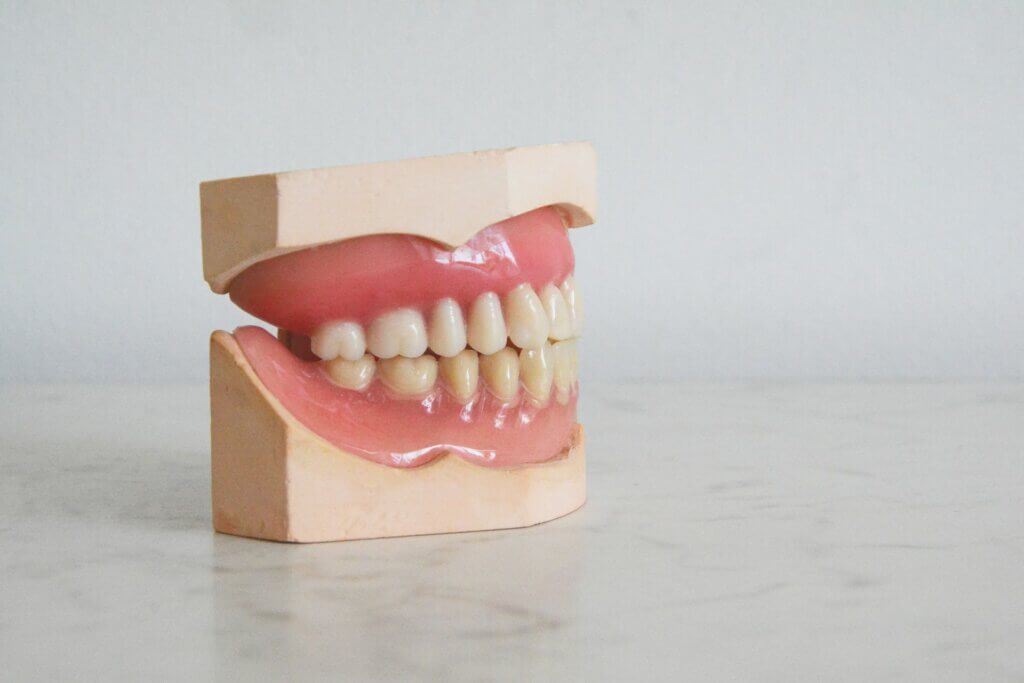A horse isn't just an animal; it's a cherished companion, a symbol of strength, and a beloved member of the family. Caring for these majestic creatures goes beyond the stables; it's a commitment to their well-being. This bond between horse and owner is woven with trust and companionship, making the care and health of these magnificent animals' paramount.
In this comprehensive guide, we delve into the essential aspects of maintaining your horse's health. From nutrition to grooming, exercise to preventive healthcare, this guide aims to equip you with the necessary tools and insights to ensure your horse lives a healthy, fulfilling life.
Understanding Your Horse’s Health
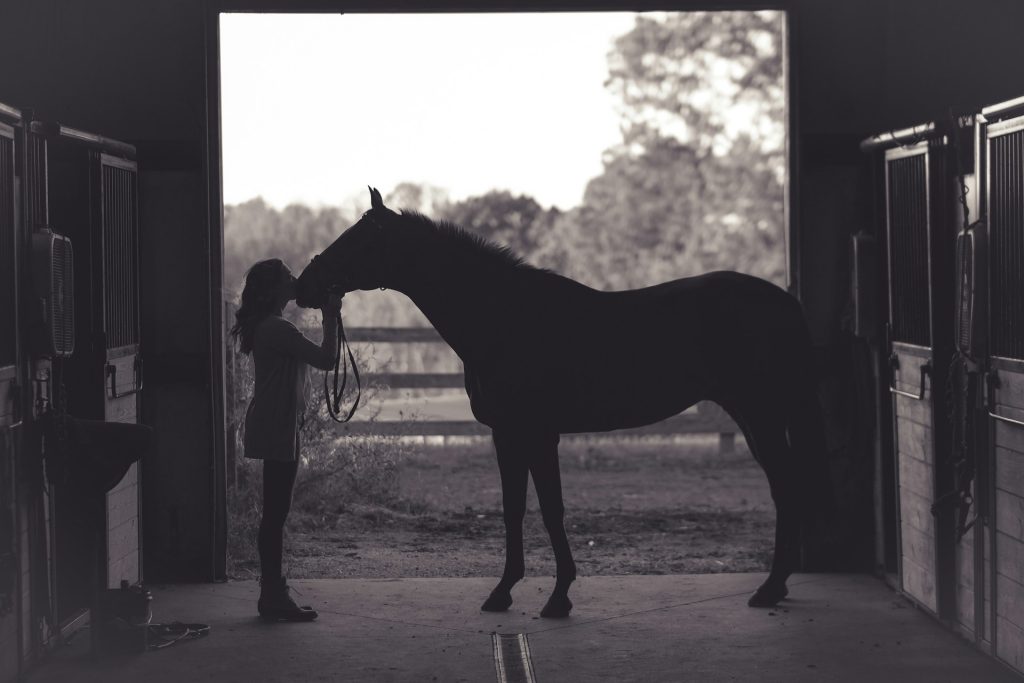
Horses, magnificent creatures embodying strength and grace, are prone to various health issues that necessitate our vigilance and care. Understanding the common health issues in horses is pivotal to their well-being.
A primary concern for horse owners is musculoskeletal problems such as arthritis and lameness. These issues can arise due to wear and tear from exercise, improper shoeing, or even age. Equine metabolic syndrome, characterized by obesity, insulin resistance, and laminitis, is another common ailment demanding attention. Furthermore, respiratory problems like heaves and allergies pose significant challenges, often aggravated by poor stable ventilation or dusty environments.
However, the adage “prevention is better than cure” couldn't be truer for equine health. Prioritizing preventive care through regular veterinary check-ups, vaccinations, and deworming schedules significantly mitigates potential health risks. Routine dental care is also crucial, ensuring proper chewing and digestion, averting dental issues that might lead to broader health concerns.
Beyond medical interventions, a horse's health hinges on a delicate balance between nutrition and exercise. A well-balanced diet tailored to their needs, consisting of quality forage, grains, and supplements, is fundamental. Adequate hydration and access to clean water mustn't be overlooked. Exercise, an indispensable component, not only maintains physical fitness but also nurtures mental health. Regular exercise not only strengthens muscles and bones but also fosters a happy, contented horse.
Understanding the correlation between nutrition, exercise, and equine health is paramount. A horse's diet directly impacts its energy levels, weight, and overall vitality. Similarly, exercise not only keeps them fit but also alleviates stress and boredom, fostering a harmonious balance between physical and mental well-being.
By comprehending these facets of equine health and acknowledging their interconnectedness, horse owners can take proactive measures to ensure their noble companions thrive in robust health, enabling them to lead fulfilling lives.
Nutrition for Optimal Health of Your Horse

Nutrition plays a pivotal role in maintaining a horse's overall health and well-being. A balanced diet isn't merely a choice; it's a cornerstone of equine care, impacting their vitality, performance, and longevity.
The importance of a balanced diet for horses cannot be overstated. Just like humans, horses require a combination of nutrients to thrive. Proteins, carbohydrates, fats, vitamins, and minerals are the building blocks essential for their growth, energy, and bodily functions. Adequate intake of these nutrients ensures proper muscle development, a strong immune system, and overall vitality.
Understanding the role of specific nutrients is crucial. Proteins, derived from forage and grains, aid in muscle repair and growth. Carbohydrates, obtained from grains and forage, provide the necessary energy for daily activities. Fats, sourced from oils and certain feeds, contribute to calorie intake and assist in nutrient absorption.
Feeding guidelines should be tailored to the individual needs of each horse, considering factors like age, weight, activity level, and breed. For instance, younger horses or those in heavy training might require more protein for growth and muscle development. Conversely, older horses or those in lighter work might need a diet with fewer calories to prevent weight gain.
Different horse breeds might also have specific dietary needs. For example, ponies tend to have a propensity for weight gain and may require a more restricted diet to prevent obesity-related health issues. On the other hand, breeds known for their athleticism, like Thoroughbreds or Warmbloods, might benefit from diets with slightly higher energy content to fuel their activity levels.
Balancing these nutritional aspects while considering individual requirements ensures the formulation of an optimal diet for each horse, maximizing their health and potential.
Physical Care and Grooming for Your Horse
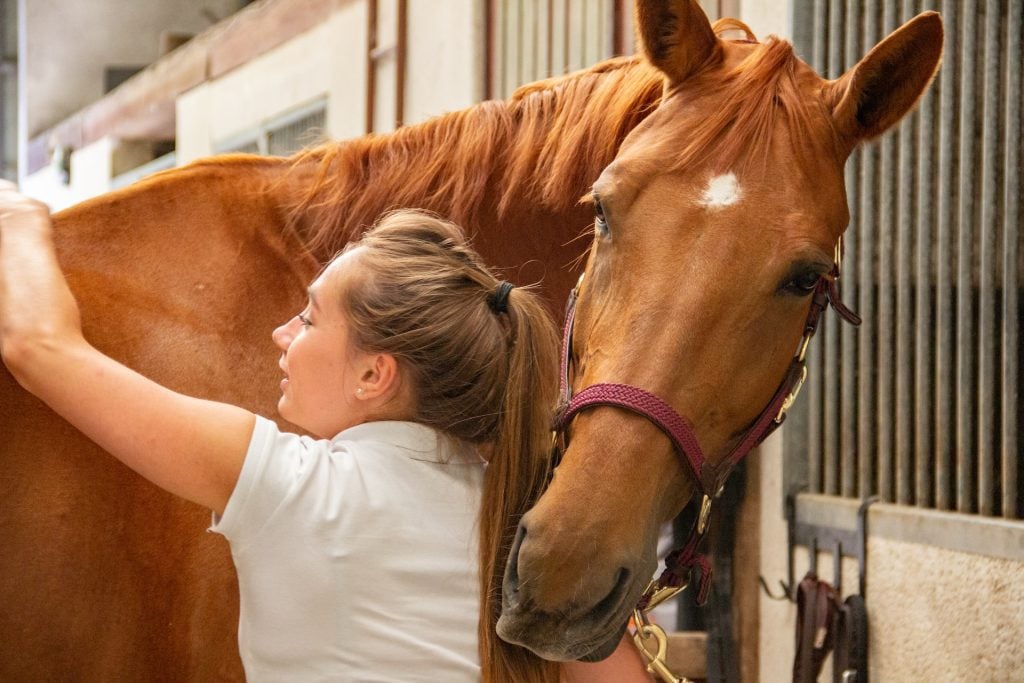
Physical care and grooming are integral components of ensuring a horse's overall well-being. Beyond aesthetics, regular grooming products and tools are essential for maintaining a horse's health and forging a strong bond between the animal and its caregiver.
The significance of regular grooming extends far beyond a shiny coat. It promotes circulation, distributes natural oils, and helps in detecting any abnormalities such as cuts, bruises, or skin conditions. Moreover, grooming fosters trust and strengthens the relationship between the horse and its handler.
Basic grooming practices encompass several crucial routines. Brushing, performed daily, not only removes dirt and debris but also stimulates blood flow, fostering a healthy skin and coat. Mane and tail care involve detangling, trimming, and keeping these areas clean to prevent discomfort or issues like tail rubbing. Additionally, routine hoof care is paramount. Regular cleaning, trimming, and monitoring for signs of issues such as cracks or thrush ensure the horse's comfort and prevent potential lameness.
Dental care is another vital aspect of equine health often overlooked. Regular dental check-ups and floating (filing down sharp points in the teeth) are essential to prevent dental issues that might hinder eating or cause discomfort while carrying a bit.
Equally crucial are routine veterinary check-ups. These visits enable early detection of health concerns, vaccinations, deworming schedules, and overall health assessments, contributing significantly to a horse's long-term well-being.
By encompassing these grooming practices and ensuring regular veterinary care, horse owners not only enhance their horse's appearance but also prioritize their health and comfort, fostering a relationship built on trust and mutual care.
Horse Exercise and Mental Stimulation
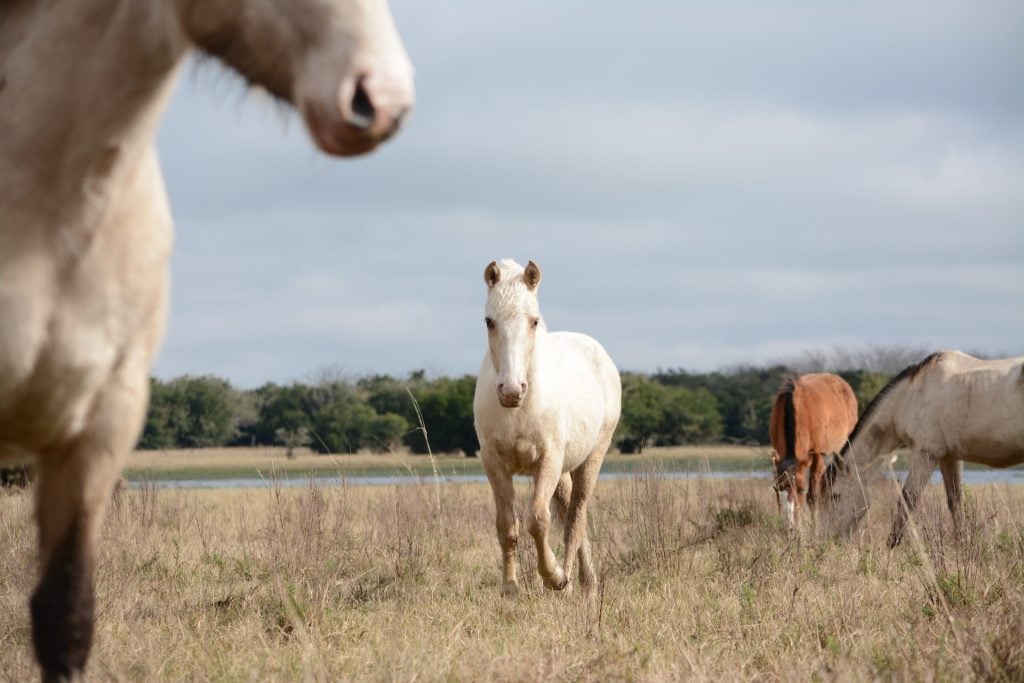
Exercise stands as a cornerstone of maintaining a horse's physical health. Regular physical activity not only keeps muscles toned and promotes cardiovascular fitness but also aids in weight management, enhancing overall well-being. For horses, exercise isn't just a regimen; it's an inherent need, mimicking their natural inclination for movement and grazing in the wild.
Beyond physical exertion, mental stimulation plays a pivotal role in a horse's overall well-being. Mental engagement alleviates boredom, reduces stress, and encourages natural behaviors, thereby contributing significantly to their emotional and mental health.
Tailoring exercise routines to suit individual horses is imperative. For instance, high-energy breeds or those engaged in competitive disciplines might benefit from rigorous training sessions involving cantering, jumping, or dressage. On the other hand, older horses or those in rehabilitation might require gentler exercises like walking or trotting.
Variety in exercise routines is key to ensuring a well-rounded regimen. Incorporating activities such as trail riding, groundwork exercises, or even engaging in natural horsemanship practices contributes to mental stimulation while maintaining physical fitness.
By understanding the significance of exercise and mental stimulation, horse owners can design personalized routines that cater to their horse's individual needs, fostering a balanced and fulfilling life for these majestic creatures.
Preventive Healthcare Measures for Your Horse

Preventive healthcare measures form the bedrock of ensuring a horse's long-term health and vitality. Implementing a robust preventive care regimen involves a multifaceted approach encompassing vaccinations, parasite control, vigilant monitoring, and creating a conducive living environment.
Vaccinations against common equine diseases such as tetanus, influenza, and equine herpesvirus are critical. Following a veterinarian's recommended vaccination schedule helps bolster the horse's immune system, providing protection against potentially life-threatening illnesses.
Deworming and parasite control are integral aspects of preventive care. Regular deworming, guided by fecal egg counts and veterinary advice, mitigates the risk of internal parasites, safeguarding the horse's gastrointestinal health and overall well-being.
Understanding the signs of illness is paramount. Observing changes in behavior, appetite, body condition, or unusual symptoms such as nasal discharge or lameness can signify underlying health issues. Promptly consulting a veterinarian upon detecting such signs is crucial to prevent conditions from escalating.
Creating a healthy living environment contributes significantly to preventive healthcare. Providing ample access to clean water and quality forage, along with well-ventilated, clean stabling, reduces the risk of respiratory issues and infections. Regular stall cleaning, proper drainage, and pasture management limit exposure to pathogens, minimizing the risk of disease transmission.
Additionally, maintaining a consistent exercise routine, ensuring a balanced diet, and practicing good biosecurity measures—like quarantining new arrivals—bolster a horse's immune system and overall resilience against diseases.
By adhering to a comprehensive preventive healthcare regimen, horse owners not only safeguard their equine companions against potential health threats but also contribute to their overall well-being and longevity, fostering a thriving and robust partnership.



